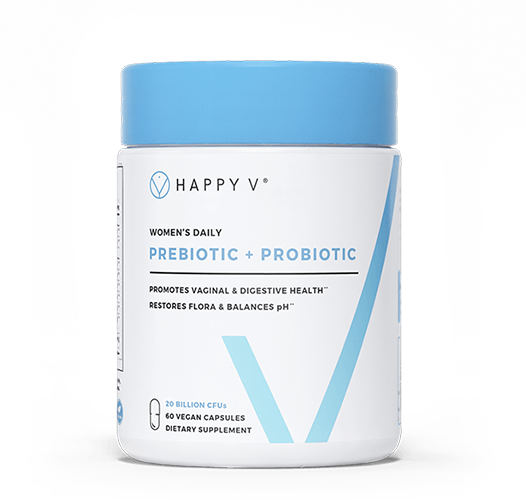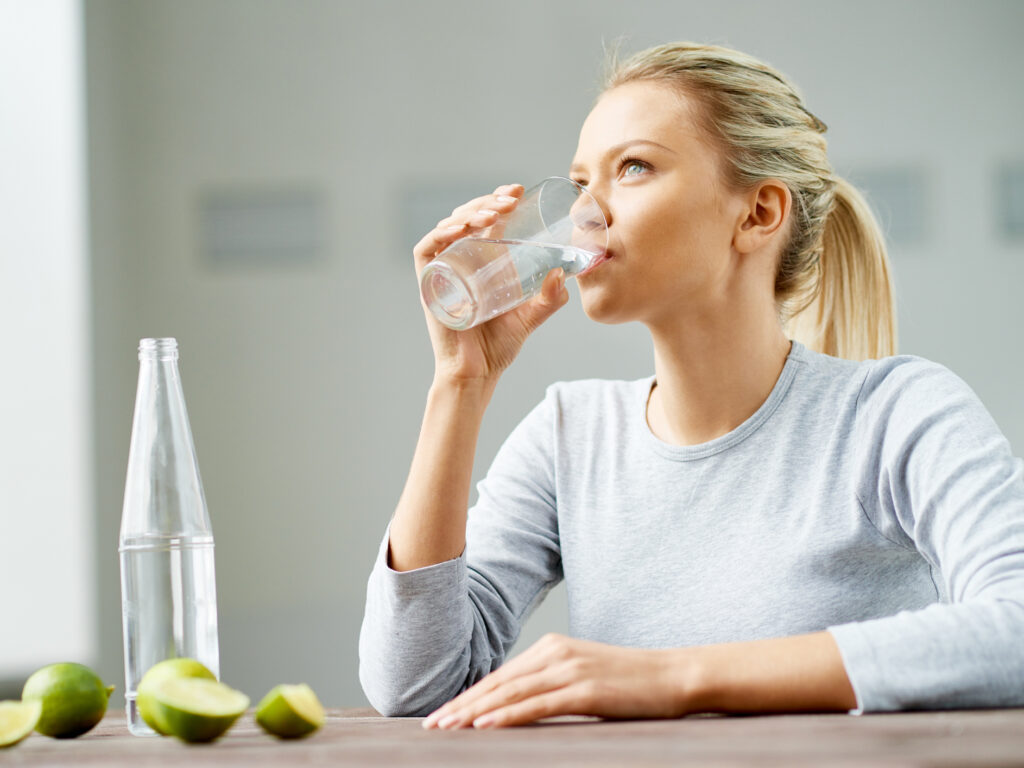- Your eating habits affect your overall health, including obvious areas like your heart health and less obvious areas like your menstrual cycle and sex life.
- Yogurt is a great source of calcium, protein, and probiotics.
- Cranberries have an incredible nutrient in their compound known as proanthocyanidins.
- Avocados are rich with healthy fats, potassium and vitamin B-6.
- Having a variety of rooted vegetables in your diet gives you access to many nutrients that work together to optimize your health.
- Studies suggest that dark leafy greens purify the blood with the help of nutrients present in them.

Preaching the benefits of a healthy diet may feel like well-worn advice, but that’s because it really works! Your eating habits affect your overall health, including obvious areas like your heart health and less obvious areas like your menstrual cycle and sex life. Eating healthy foods can keep your vagina healthy by decreasing your risk of infection.
Eating healthy isn’t about following a fad diet or cutting specific food groups off your plate completely. Instead, it’s about following the research on blue zones to determine which foods optimally support your body’s internal functioning.

Does Diet Really Matter?

In short, yes! Diet is one of the most important factors influencing your vaginal health. A healthy diet can help you balance pH levels in your vagina and protect you from bacterial vaginosis, vaginal yeast infections, urinary tract infections (UTI), and even sexually transmitted infections. So how exactly does your diet impact your vaginal health?
Your body contains a mix of helpful bacteria and harmful vaginal bacteria. These beneficial bacteria, called lactobacillus bacteria, help keep infections at bay by limiting the growth of bad, infection-causing bacteria. But what does this have to do with your diet?
Some foods, like probiotic-rich foods or high-fiber foods, help strengthen your body’s levels of good bacteria and maintain the right balance of bacteria. But others, like sugary foods or diets with plenty of processed foods, support the growth of bad bacteria, promoting an imbalance of bacteria that can cause an infection.
Now that you know why your diet matters for your vaginal health, let’s dive into which foods you should (and shouldn’t!) eat for vaginal wellness.
The Best Foods for Vaginal Health

Adding these six foods to your diet can help keep your vagina healthy, stave off discomfort, prevent embarrassing symptoms like vaginal odor and vaginal discharge, and even increase your sex drive!
Plain Yogurt

Yogurt has been a staple of the human diet for over 7,000 years. For many women, yogurt’s high-probiotic density is essential to preventing and treating vaginal infections. Although many people have ethical objections to consuming dairy, plain yogurt derived from goat or sheep’s milk may be less morally fraught while providing the same probiotic benefits as traditional yogurt.
Whatever form of yogurt you choose to consume, choose plain yogurt sweetened with honey or fruit to avoid adding excess sugar into your diet. Yogurt is a great source of calcium, protein, and probiotics.
Try this recipe for a easy snack or breakfast:
- ½ cup of plain yogurt
- 1 teaspoon of honey
- ½ cup of berries
- ¼ cup of granola
Mix yogurt and honey together with a spoon. Layer berries and granola on top for a nutritious and delicious meal.
Cranberries
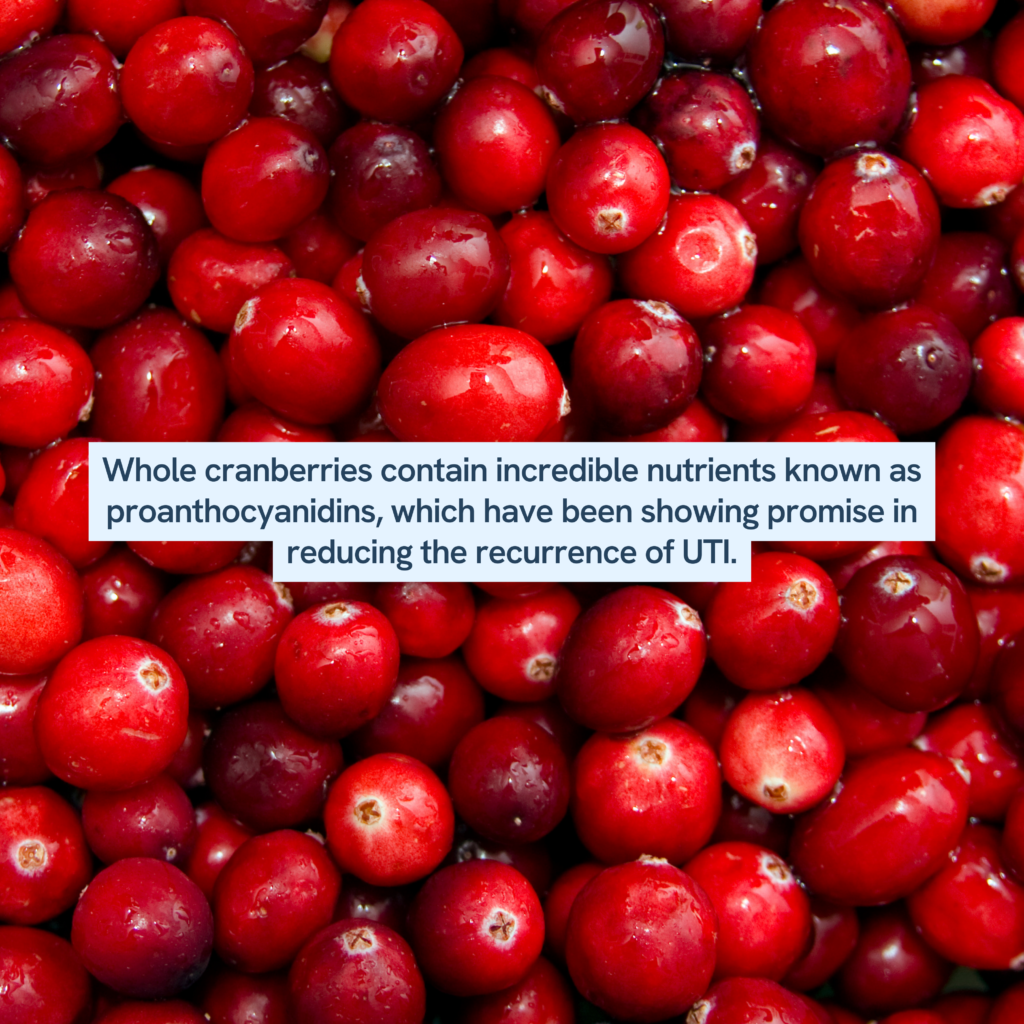
Cranberry is an evidence-based method for UTI management, but not in every form. (1) For instance, drinking cranberry juice is not shown to reduce the prevalence of UTIs. That’s because when cranberry juice is processed, many of the nutrients such as phytonutrients and antioxidants are stripped away.
Instead, try eating fresh cranberries or taking cranberry pills for BV. Cranberries contain incredible nutrients known as proanthocyanidins. These nutrients are showing promise in reducing the recurrence of UTI. To add fresh cranberries to your diet, try adding them to plain yogurt or making a cranberry jam.
To make cranberry jam, combine:
- 1/2 cup of fresh orange juice
- 1/2 cup of water
- 1 bag fresh or frozen cranberries (do not use dried)
- Zest of one orange, about 2 teaspoons
- Pinch salt
Avocados

Avocados are rich with healthy fats, potassium and vitamin B-6, which boosts your sexual health by increasing vaginal lubrication and estrogen levels. Just a quarter of a normal-sized avocado is enough to provide you with its incredible benefits. Spread avocados on toast, layer them on tacos, or whip up a batch of fresh guacamole to enjoy this healthy food.
Root Vegetables

Tubers are root vegetables such as sweet potatoes, beets, carrots, parsnips, and yucca. Although some people may be turned off by tubers’ high carbohydrate content, they’re much healthier for you than carbs coming from table sugar, fruits, or bread. That’s because tubers are much lower on the glycemic index than these other foods.
Tubers are also incredibly nutrient-dense and are a great source of energy. Having a variety of root vegetables in your diet provides your body with many nutrients that work together to optimize your health.
Tubers are also natural prebiotics. Prebiotics feed probiotics in the vagina and help them create hydrogen peroxide and lactic acid, which fight off bad bacteria. A diet rich in prebiotic food sources nourishes your healthy bacteria.
Here’s a recipe for one of our favorite tuber dishes. Combine:
- 1 cup yucca
- 1 teaspoon of garlic
- 1 teaspoon of olive oil
- Pinch of rock salt and cilantro
Garlic

Garlic has antifungal and antimicrobial properties, making it an important component of any vaginal health routine. Research confirms garlic is a natural remedy for excessive vaginal discharge, burning, vaginal itching, and unusual odors. (2)
To reap the benefits of garlic, eat roasted garlic or add it into dishes you cook. Whatever you do, don’t stick garlic cloves up your vagina. This is not only gross, but it also increases your risk of vaginal irritation and infection.
Leafy Green Vegetables

We all know we should be eating more vegetables. But maybe understanding their link to your vaginal health will be the motivation you need to finally put more of them on your plate. Dark leafy greens purify the blood with the help of nutrients present in them, which ultimately enhances blood circulation that increases vaginal lubrication and stimulation. That’s right—eat your veggies for a better sex life!
The Worst Foods for Vaginal Health

Research on the following six foods shows they’re likely to negatively impact your vaginal health. Steer clear of these foods to protect yourself from vaginal infections.
Alcohol

Having a glass of wine at night isn’t a big deal, but multiple drinks each night can cause significant problems for your entire body. Hangovers aren’t the only issue that accompany excessive drinking—constant alcohol consumption can cause vaginal dryness, mess with estrogen levels, and even increase your risk of bacterial vaginosis. (3) There’s no need to steer clear of alcohol entirely, but drink responsibly to stay safe and healthy.
Asparagus

Asparagus is an alkaline food, meaning it has a pH higher than 7. The optimal vaginal pH is 4.5, and eating asparagus can increase your vaginal pH. When the vaginal pH is disturbed, it may decrease the levels of healthy bacteria in the vagina, which can make your vagina vulnerable to several vaginal infections including bacterial vaginosis and yeast infections.
Coffee

Coffee has controversial effects on your vaginal health. On the one hand, research shows it may help prevent bacterial imbalance caused by antibiotic use. (4) On the other, coffee may make you dehydrated, which can contribute to vaginal dryness and risk of infection. It may also change your vagina’s odor and make your vagina a more favorable environment for yeast to grow in, which can cause yeast infections.
While we’re not advising you cut coffee out of your diet completely, drink it in moderation to avoid becoming dehydrated.
Fried Foods

Fried foods are high in trans and saturated fats, which are high in calories and hard for the body to digest. They’re also bad for your vaginal health—fried foods increase your risk of getting bacterial vaginosis and change the pH of your vagina. (5)
Processed Sugar

A diet rich in foods with a high sugar content creates optimum feeding grounds for bad bacteria. Bad bacteria feed on these simple sugars, which can make them grow in number and dominate good lactobacillus bacteria. Over time, a high-sugar diet can contribute to vaginal infections such as vaginal yeast infections and bacterial vaginosis.
Processed Foods
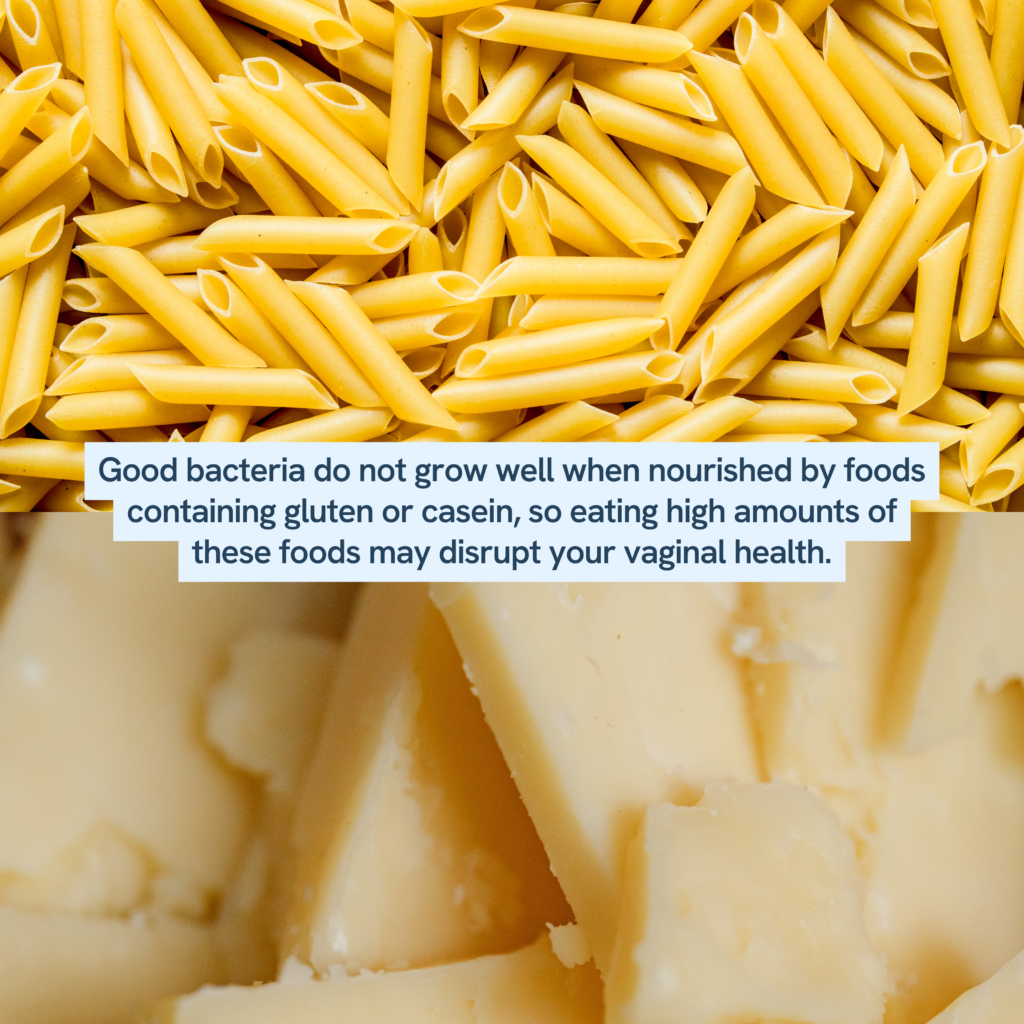
Today’s plates are filled with processed foods such as pasta and white bread; foods containing gluten like wheat, barley, and rye; and foods containing casein such as dairy products. Good bacteria like lactobacillus do not grow well when nourished by foods containing gluten casein. That’s why consuming high amounts of processed foods may disrupt your vaginal health. (6) Instead of eating processed foods, increase the number of dark, leafy green, probiotic-rich foods, and fruits in your diet.
Keep Your V Happy With a Healthy Diet
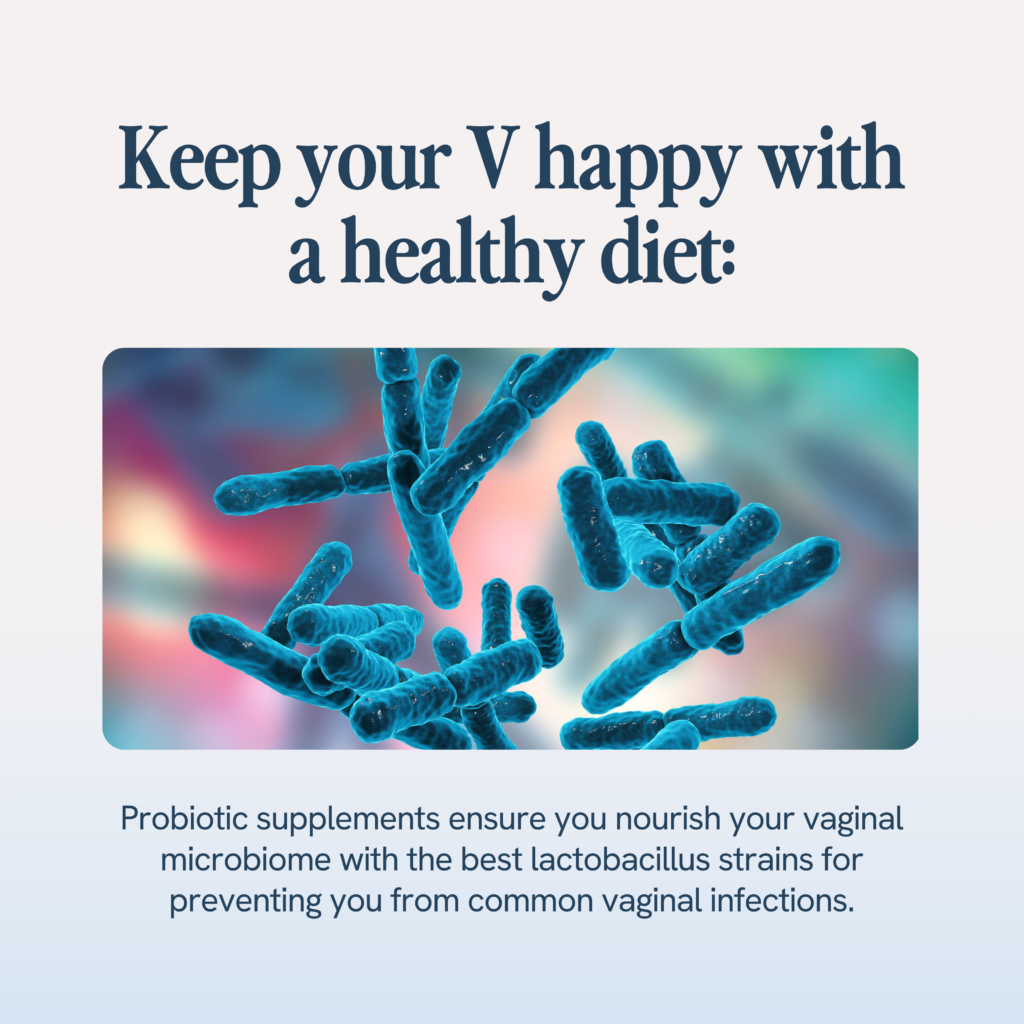
Our Happy V® Prebiotic + Probiotic was created for anyone who is experiencing symptoms related to Bacterial Vaginosis and Yeast Infections. Eliminate the odor, itch, gut bloating, and other symptoms.
If you could use some support with your diet, consider adding a probiotic for vaginal health. Probiotic supplements ensure you nourish your vaginal microbiome with the best lactobacillus strains for preventing you from common vaginal infections, and Happy V’s probiotic for women is composed of targeted prebiotic and probiotic strains for maximum effectiveness.
- https://www.ncbi.nlm.nih.gov/pmc/articles/PMC3370320/
- https://pubmed.ncbi.nlm.nih.gov/24308540/
- https://pubmed.ncbi.nlm.nih.gov/34618783/
- https://www.frontiersin.org/articles/10.3389/fmicb.2021.637282/full
- https://www.ncbi.nlm.nih.gov/pmc/articles/PMC9288476/
- https://www.ncbi.nlm.nih.gov/pmc/articles/PMC9288476/
- A-
- A+
